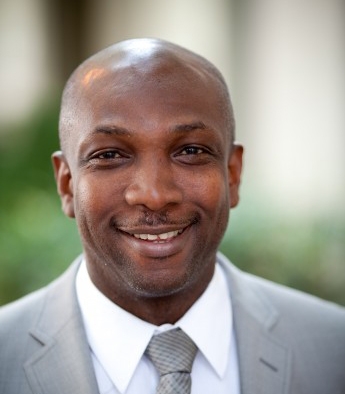
Knight International Journalism Fellow Declan Okpalaeke launched the African Health Journalists Association, the first organization of its kind for reporters across the continent.
When a new health initiative is announced, journalists too often think they have an easy story to tell. They can quote officials on what the project will do and how quickly they expect it to eradicate a disease or improve the health of the people.
But if reporters think they are telling the whole story, they need to think again. These initiatives do not exist in isolation. Placing the new plan in context, and especially explaining where it fits within the overall health system, is critical to informing the public.
Here are some tips that journalists should consider when covering a new health initiative.
1. Look at the history
What has been the approach to tackling the particular issue before now?
2. Examine related policies.
Is there a national policy for tackling this issue? If so, what does it call for? Is this new initiative in line with it? How does it fit with any local, district, state, national, regional, or even global policies on the issue?
3. Examine similar programs, and ask for evidence of their effectiveness.
Have there been previous initiatives or programs to tackle the issue? What are they? At what scale were they launched? How are they working?
Read more tips and the rest of Okpalaeke’s post on IJNet.
*
The International Journalists' Network, IJNet, keeps professional and citizen journalists up to date on the latest media innovations, online journalism resources, training opportunities and expert advice. ICFJ produces IJNet in seven languages: Arabic, Chinese, English, Persian, Portuguese, Russian and Spanish. IJNet is supported by donors including the John S. and James L. Knight Foundation.